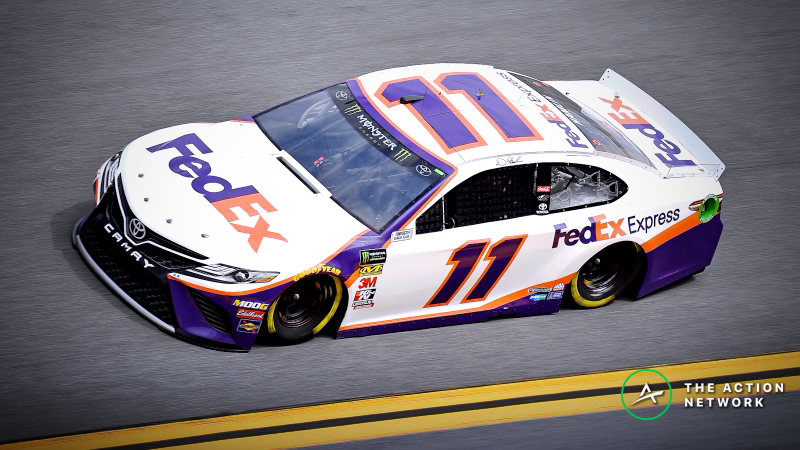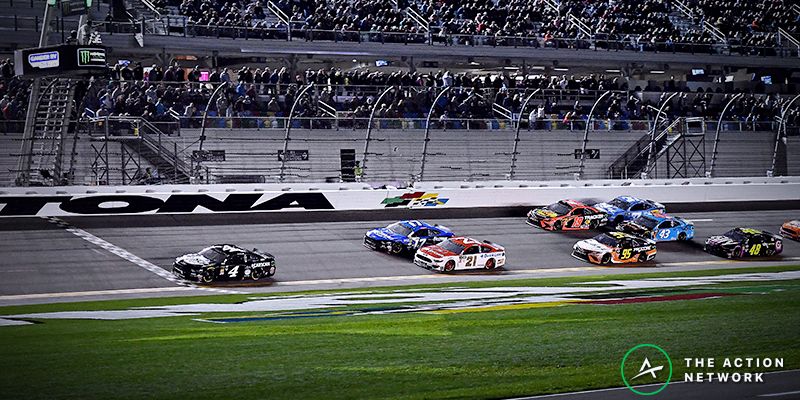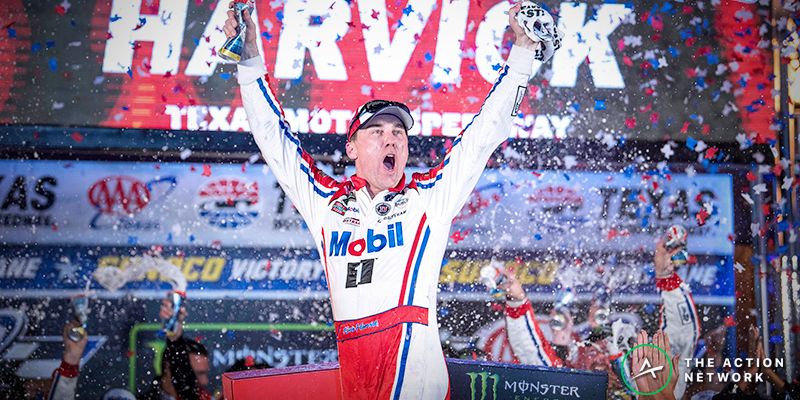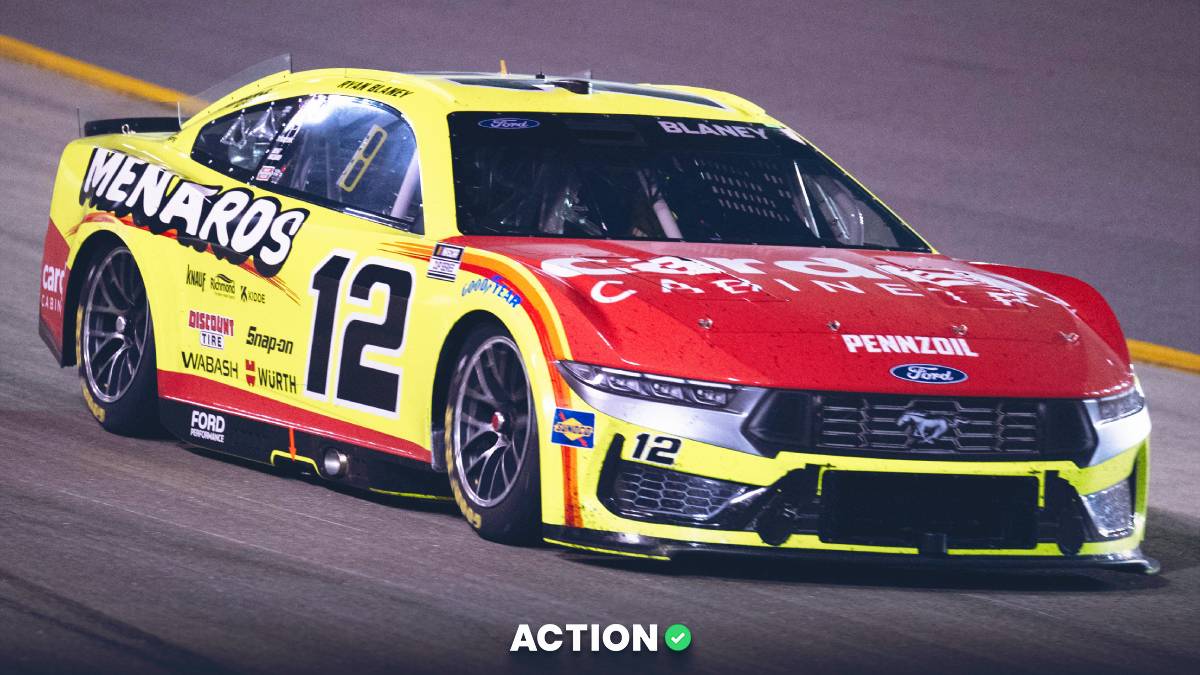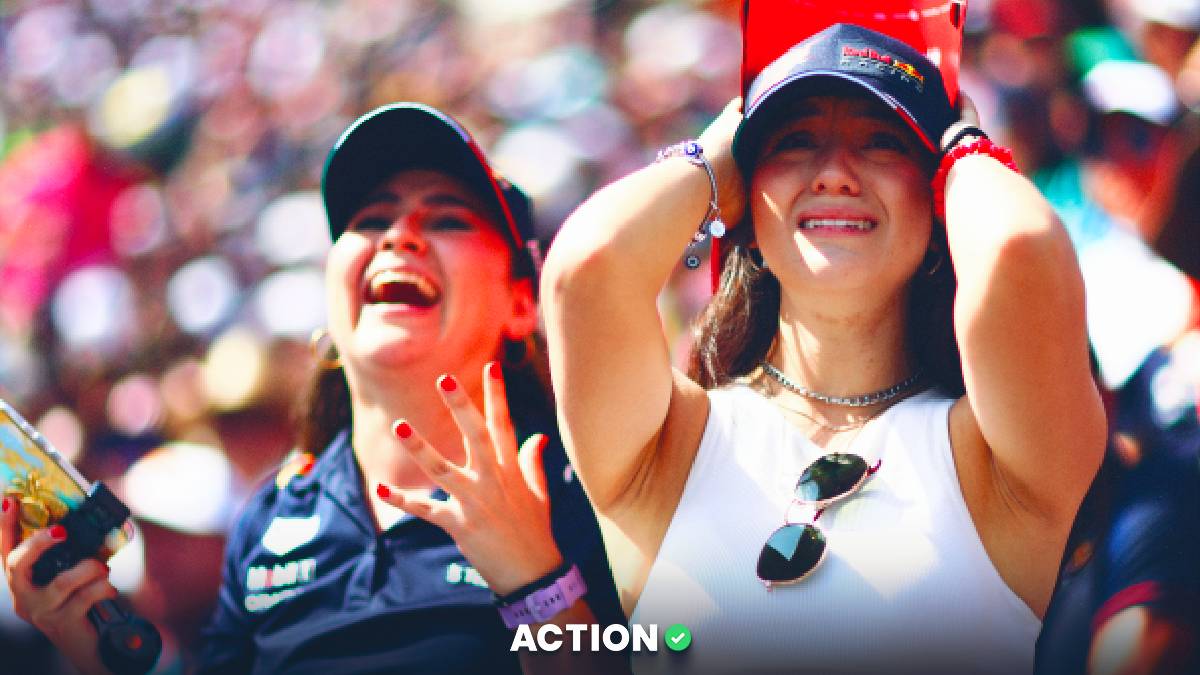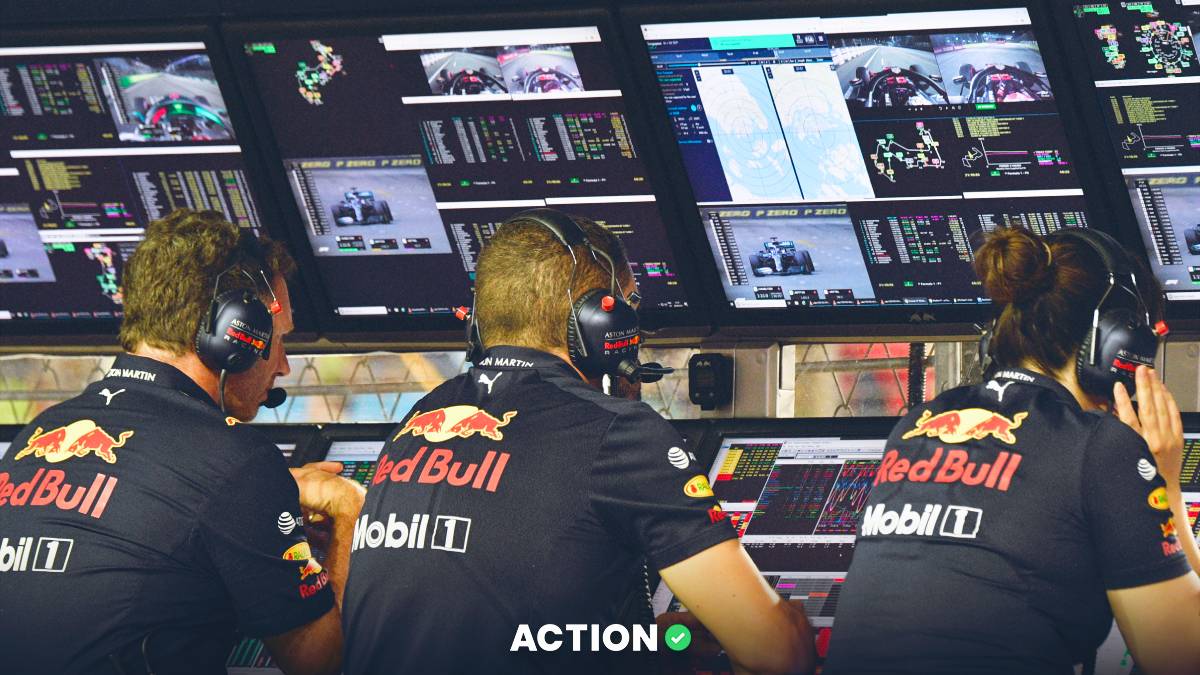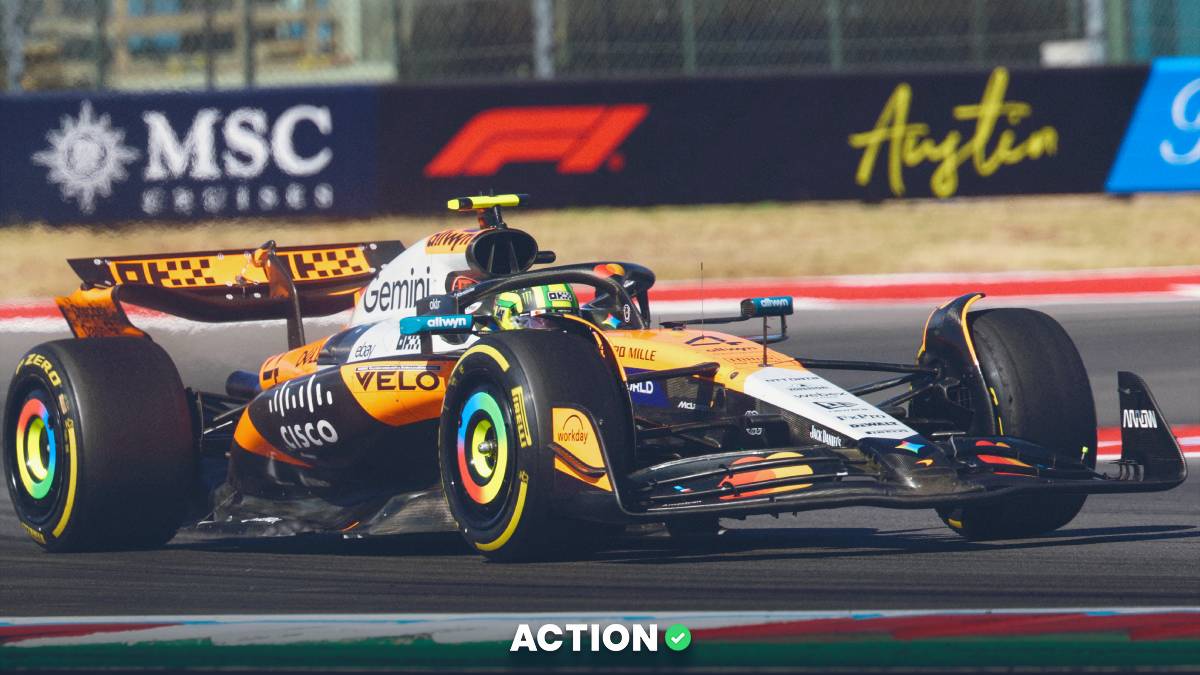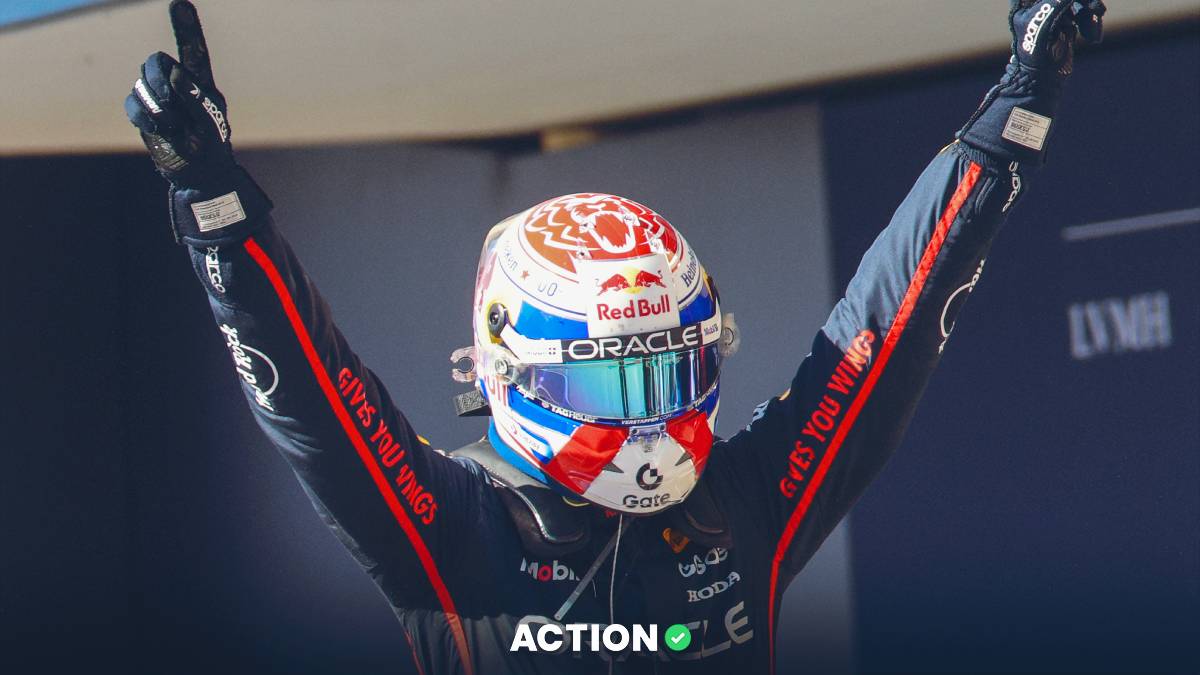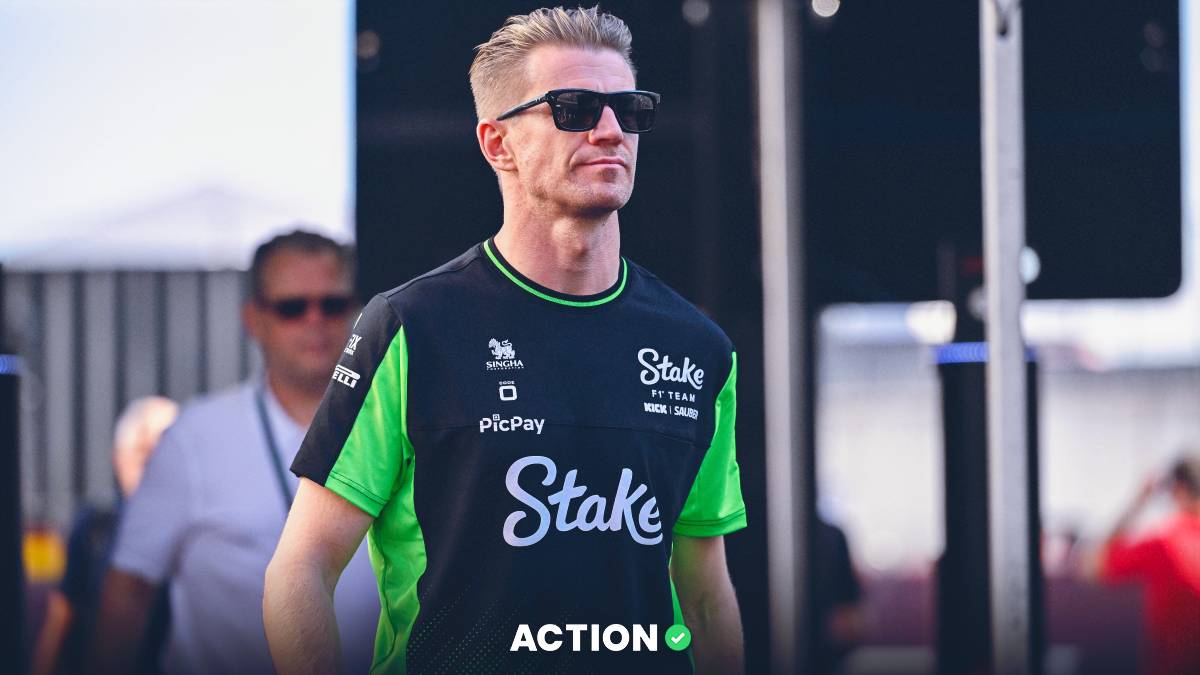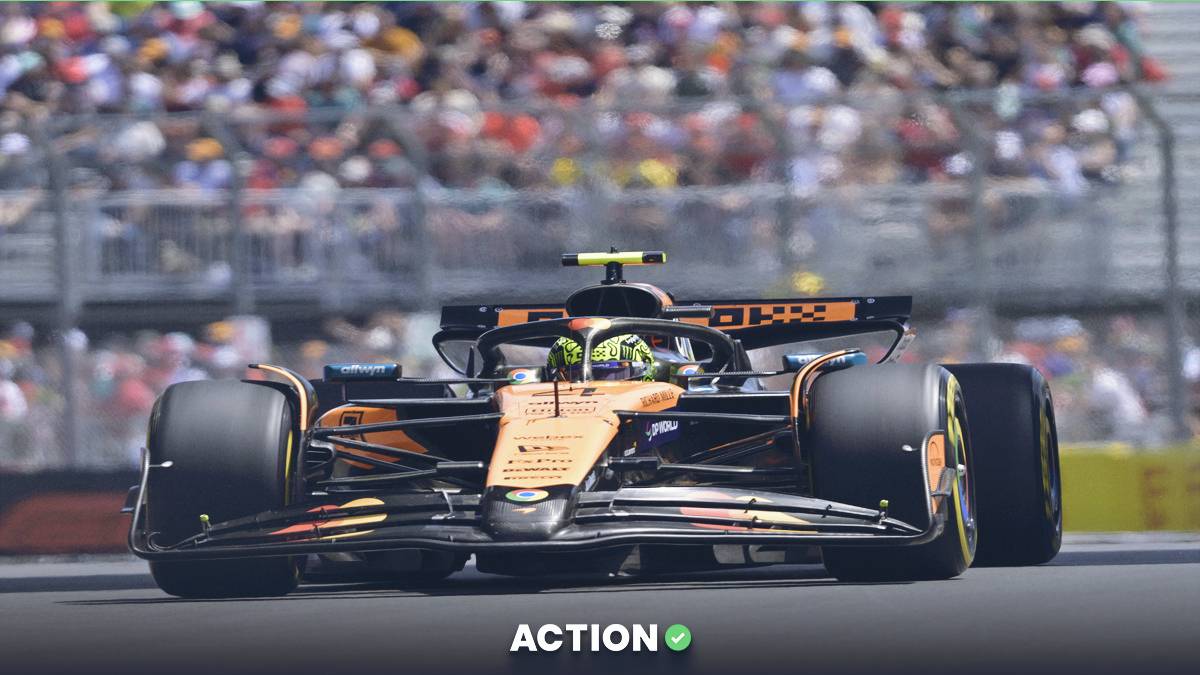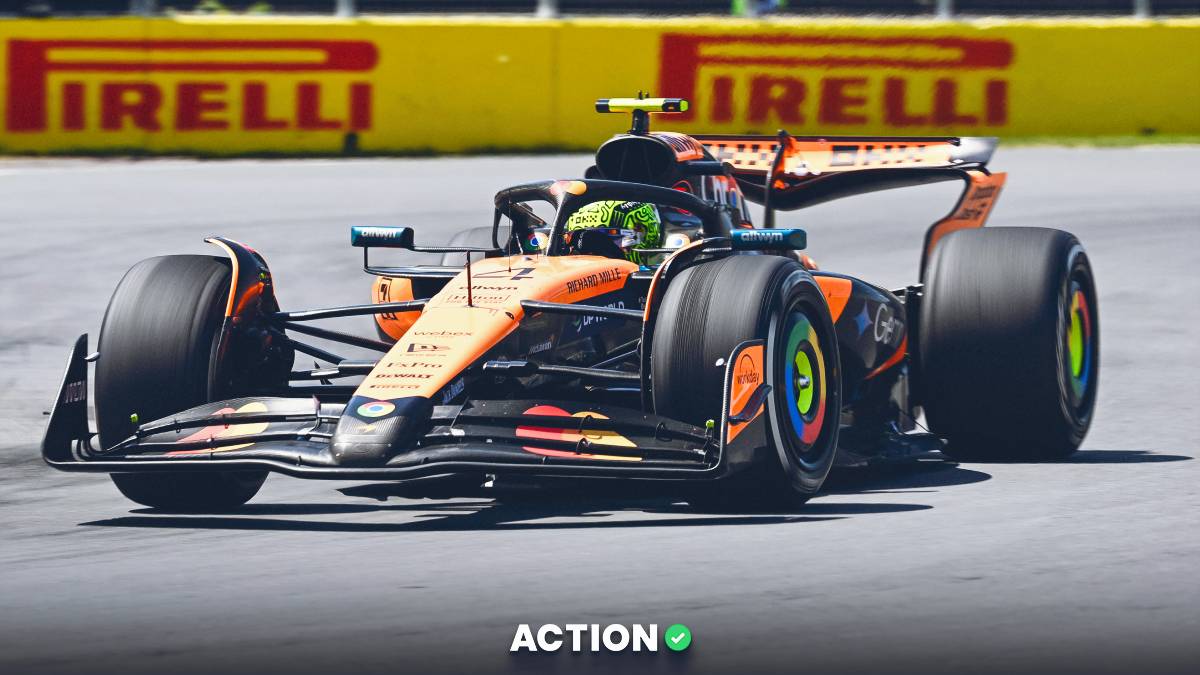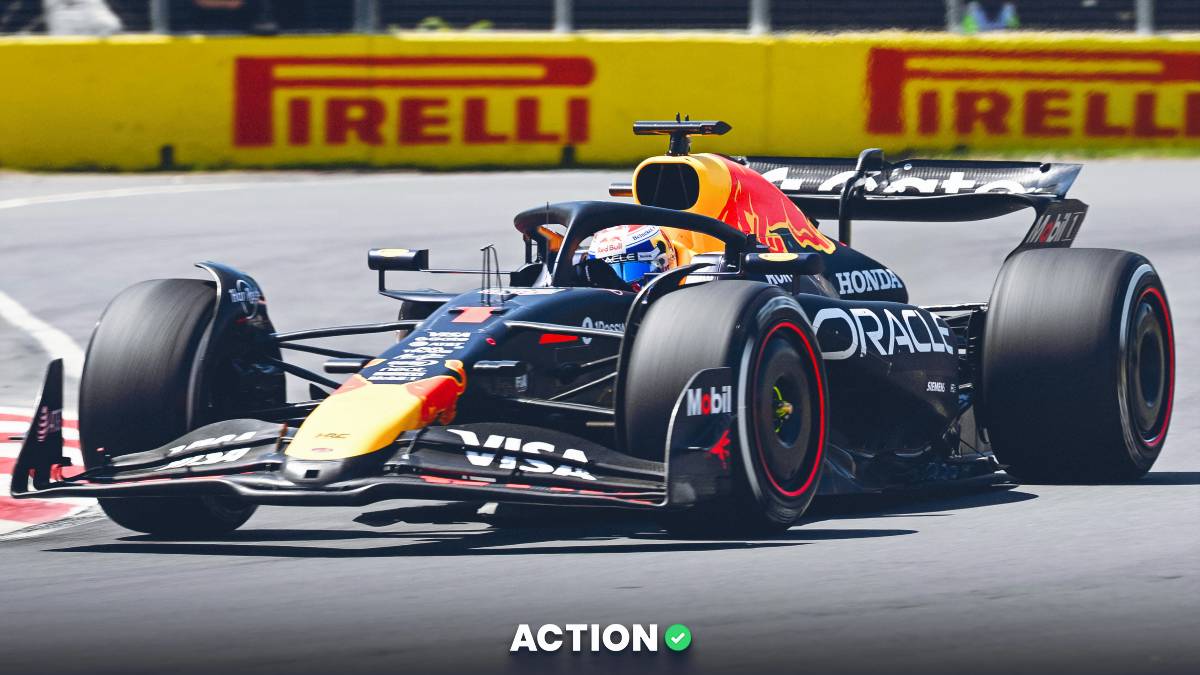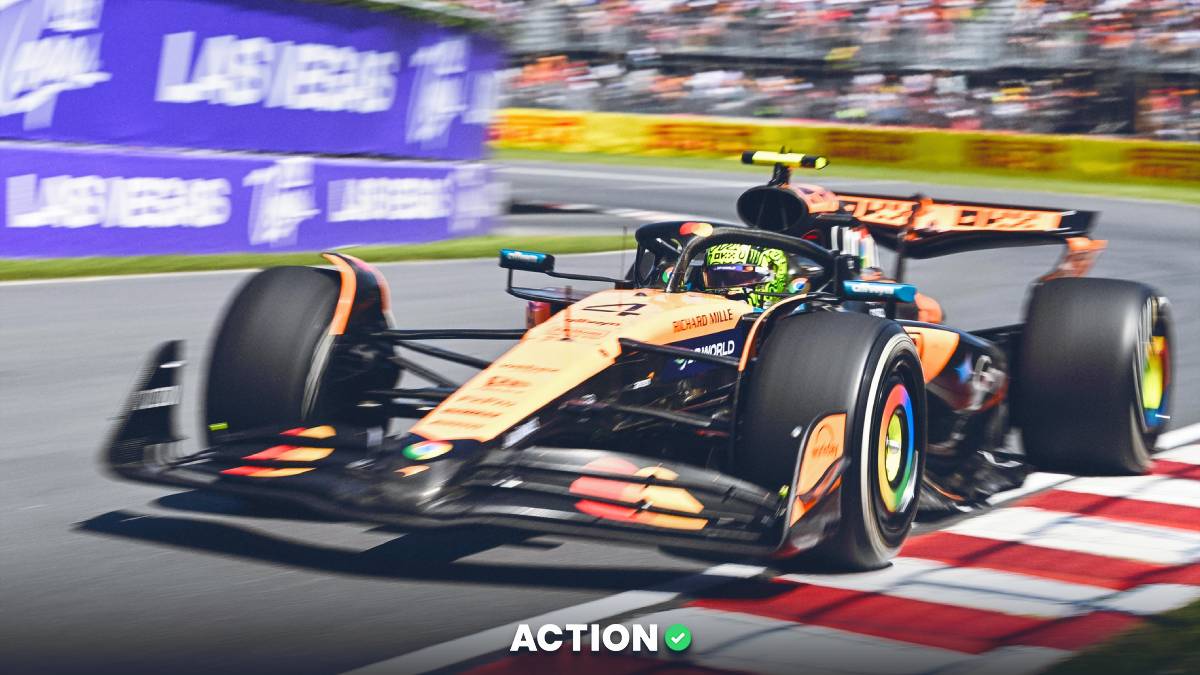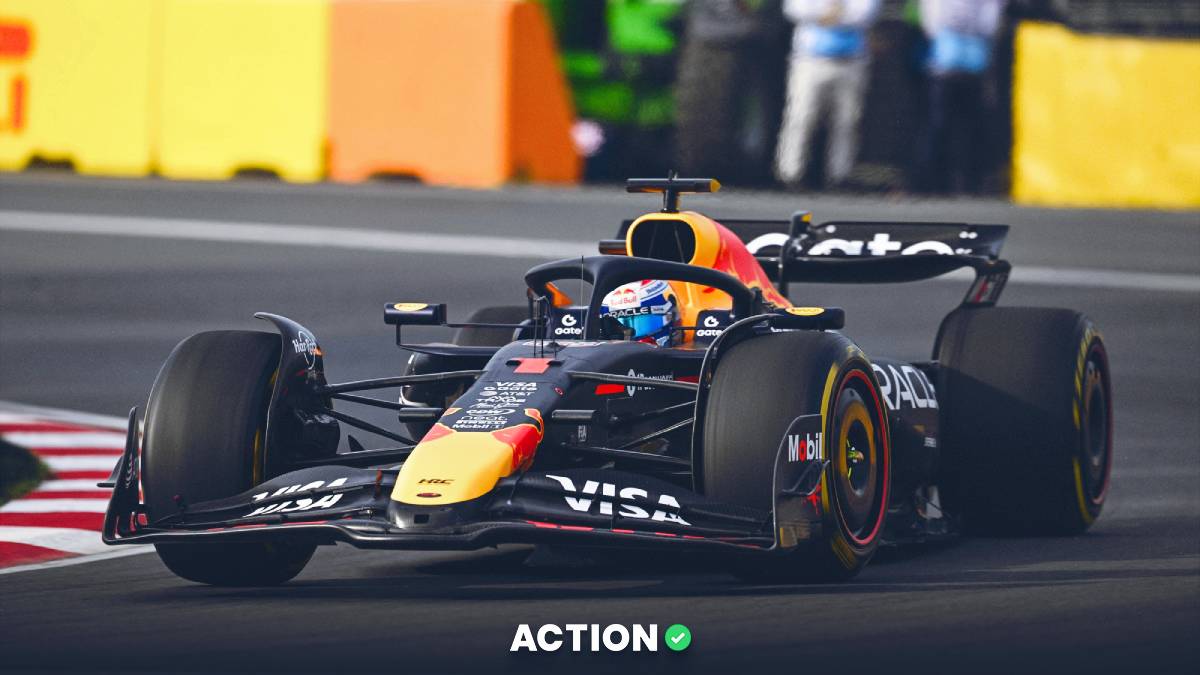- Nick Giffen is one of the top NASCAR daily fantasy players in the industry and the creator of the RotoViz suite of NASCAR tools.
- In this piece, Nick breaks down the 2019 racing changes for NASCAR and breaks down his five favorite season-long bets.
The 2019 NASCAR Monster Energy Cup Series season kicks off Sunday with the 61st running of the Daytona 500 (2:30 p.m. ET, FOX). But the Great American Race is just the first of 36 races for the year. Over the next nine months, we're bound to see many twists, turns, tempers and trophies, but in the end, with such a large sample of races, there is an edge to season-long NASCAR betting.
The key to betting NASCAR in 2019 is understanding the three sets of aerodynamic packages that will be used in the Cup Series in 2019 after the Daytona 500, which will use the 2018 restrictor plate package for the last time. NASCAR is drastically overhauling the style of racing that fans will see at all oval tracks larger than one mile in length. In total, 21 races will target 550 horsepower — down from 750 horsepower last year.
NASCAR will achieve this reduction in horsepower by mandating a smaller tapered spacer, a larger rear spoiler, a wider radiator pan and a larger splitter.
These 550-horsepower races will be subdivided into two aero packages. The majority of the 21 races will feature cars with air ducts through the front of the wheel wells. However, six races (both Pocono races, as well as races at Indianapolis, Atlanta, Darlington and Homestead) will not have these air ducts,
The other fourteen races will still be at 750 horsepower with no tapered spacer. These races should feature a style of racing similar to what we've previously seen at these tracks, making them more predictable. With these races, we should be able to gain a significant edge by using the RotoViz NASCAR Splits App.
We can also find an edge by understanding that there will be more variance at the other 21 races, which should feature tighter pack racing. These races will look a lot more like those we usually see in the Xfinity Series, NASCAR's top national feeder system. Understanding which drivers have performed well at similar tracks in the Xfinity Series, as well as which drivers are better in pack racing, will be important.
So let's dive into my favorite season-long bets for 2019.
More Wins: Kyle Busch vs. Kevin Harvick
- Kyle Busch: -115
- Kevin Harvick: -115
Kyle Busch has the most wins all time in the Xfinity Series at 92, including 41 wins in his last 101 starts dating back to the start of the 2013 season, all with Joe Gibbs Racing. Harvick, in that same time frame, has eight wins in 56 starts, including only one in 11 starts with Stewart-Haas Racing over the past two seasons. That gives Busch a probable edge at the 550-horsepower tracks.
Now let's compare Harvick and Busch directly in the Cup Series at the 750-horsepower tracks. Looking at 2017-18, we see that Busch has eight wins to Harvick's four. Yes, they both have 11 wins at these tracks since 2014 (Harvick's first year at Stewart-Haas), but Busch leads in the more predictive metrics.
Using the RotoViz NASCAR Splits App to look back at the past 36 races at these tracks, we see that Busch leads in driver rating, average finish, average running position, quality pass percentage, percentage of fastest laps and percentage of laps led.
If we remove races they didn't finish, to get a more accurate comparison of how they perform without problems, Busch's gap widens in every category.
This is a no-brainer bet for me.
The Pick: Busch (-115)
More Driver Points: Denny Hamlin vs. Kurt Busch
- Denny Hamlin: -145
- Kurt Busch: +115
Starting with the basics here, Hamlin has finished above the elder Busch brother three times in the past five years. On its surface, that isn't enough to justify Hamlin, but when we dive deeper, we'll see Hamlin has a big edge.
This year Busch moves to Chip Ganassi Racing, an almost certain step down from the powerhouse Stewart-Haas Racing. Busch reminds me of an older Kyle Larson, who coincidentally is his new teammate at Ganassi. Hamlin finished ahead of Larson two of the past three years, since Larson became competitive in that car.
Hamlin is also noted as one of the top restrictor plate racers of the current era. While Kurt Busch is no slouch, Hamlin definitely has the edge, and that should translate to the tapered spacer package in Hamlin's favor. Busch doesn't have relevant Xfinity Series stats, but Hamlin has posted six wins in his past 20 races dating back to 2013, with only three finishes outside of the top 10. Those are very strong numbers.
Hamlin's biggest edge comes at the 750-horsepower tracks, which make up five of the 10 races in the playoffs, including four of the first nine. Hamlin crushes Busch with a 10.8-to-14.7 average finish advantage over the past two years, including a 96.3-to-87.3 advantage in driver rating. The gap shrinks a bit if we remove the races that either driver failed to finish, but Hamlin still leads in every major statistical category.
That gap probably widens with Busch's step down in expected performance by switching teams.
The Pick: Hamlin (-145)
More Driver Points: Denny Hamlin vs. Aric Almirola
- Denny Hamlin: +115
- Aric Almirola: -145
Most sportsbooks have Almirola as a +105 or +110 dog, but Hamlin is available at +115 at one popular book.
So the arbitrage is there for the taking, but you could also just side with Hamlin for many of the reasons I've outlined above when comparing him to Busch.
Almirola was actually worse than Busch at the 750-horsepower tracks last year, their only season as teammates.
The Pick: Hamlin +115
Denny Hamlin to Win the Championship
- Denny Hamlin: +2000
Hamlin to win the NASCAR Monster Energy Cup Series is widely available at +2000, but locally in Las Vegas I've even found this as high as +2500.
Hamlin has many factors in his favor.
- Third-best average finish among all drivers over the past 36 races at 750-horsepower tracks (behind only Kyle Busch and Harvick)
- Best average finish at plate races since 2014
- A 30% win rate in the Xfinity Series since 2013
- Two career wins at the season-ending Homestead race — as many as Busch and Harvick combined
Throw in some uncertainty around the 2019 season, especially with the new Ford Mustang body, and this is a longshot I like.
The Pick: Hamlin +2000
More Driver Points: Clint Bowyer vs. Erik Jones
- Clint Bowyer: -115
- Erik Jones: -115
Jones and Bowyer performed similarly last year at the tracks that will require 550 horsepower, and both are likely to make the NASCAR playoffs. That means the bet between these two most likely comes down to playoff performance. Edge: Bowyer.
With half of the playoff races at 750-horsepower tracks, Bowyer holds a 92.4-to-82.0 driver rating advantage and a 12.1-to-15.1 average finish edge since Jones has been in the Cup Series. Last year, the finishing position gap at these tracks closed to 13.2 to 14.6, but the more predictive driver rating statistic widened to 98.0 to 79.0 in Bowyer's favor.
Since it's unlikely that either of these drivers will win the championship, it will come down to total points over the 10 playoff races between these two. Bowyer has the playoff edge by a solid margin.
The Pick: Bowyer -115


